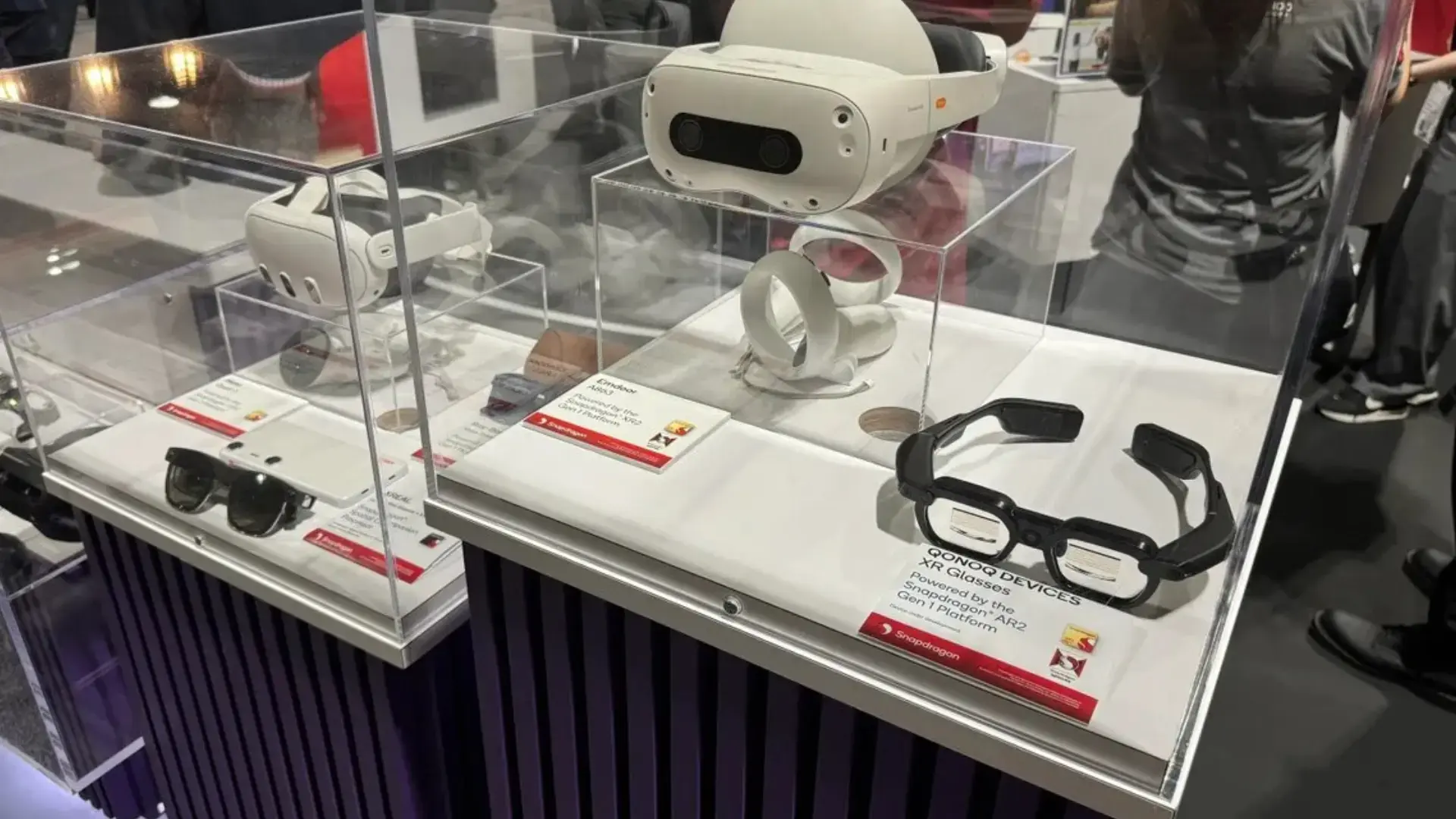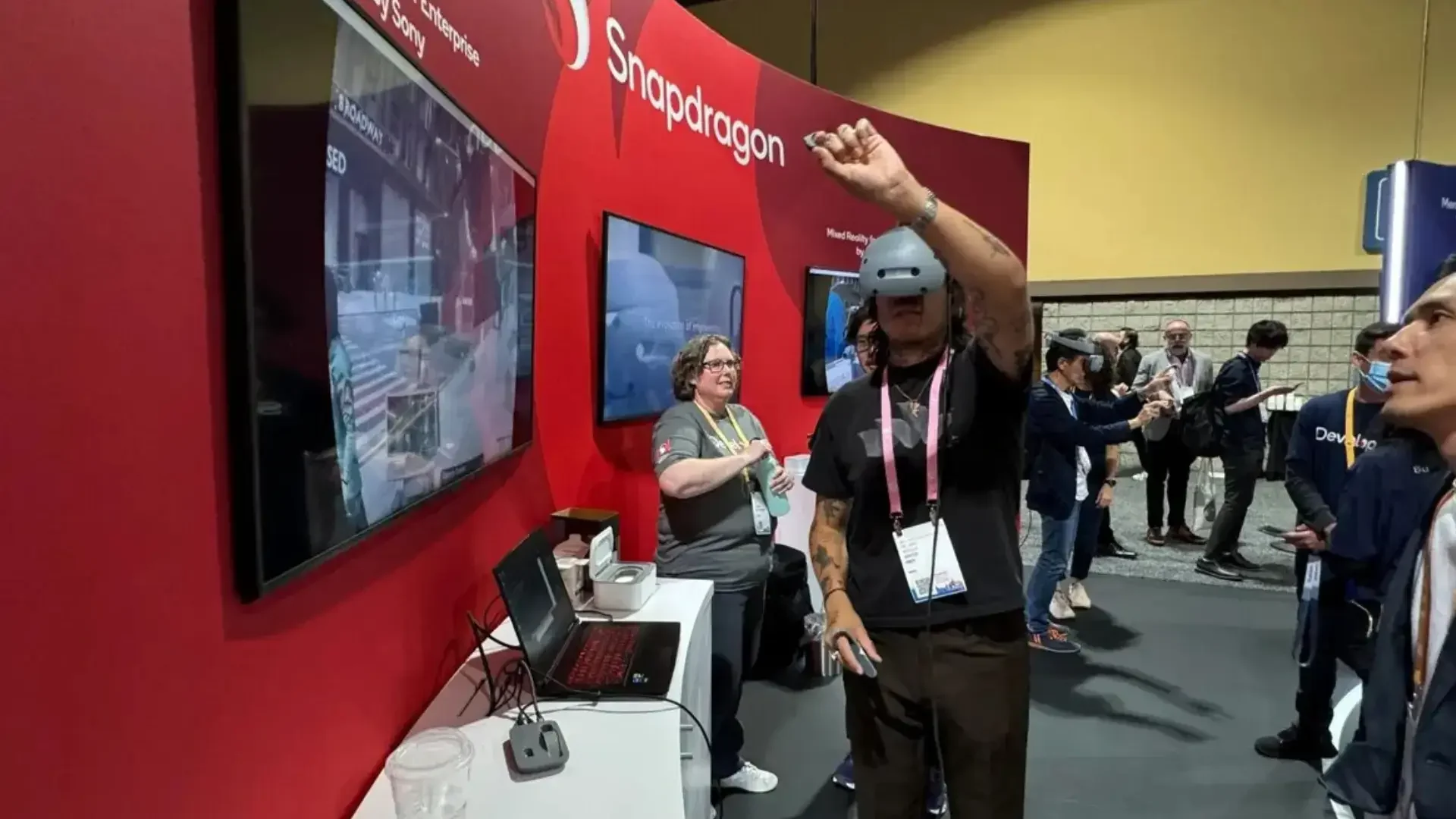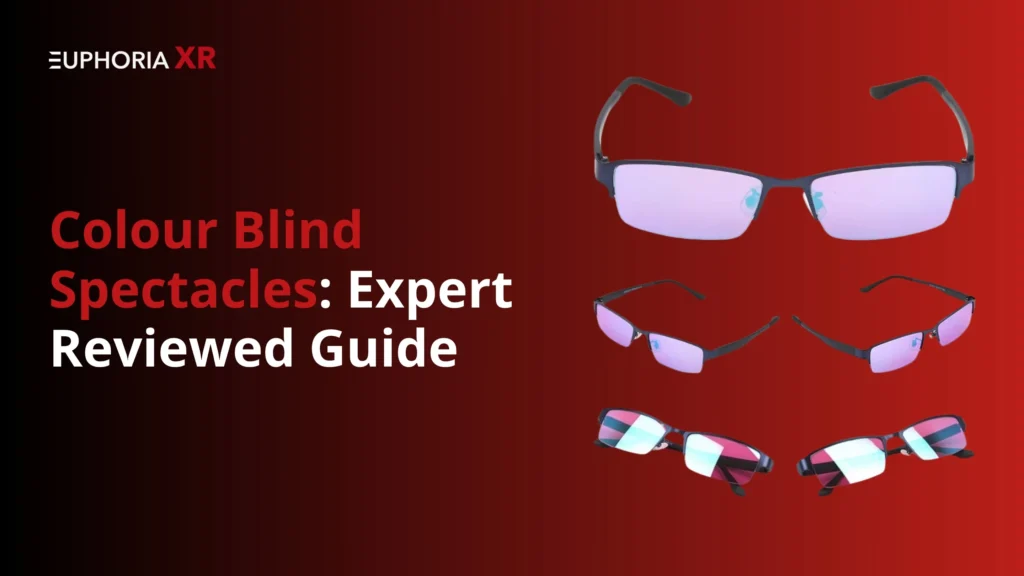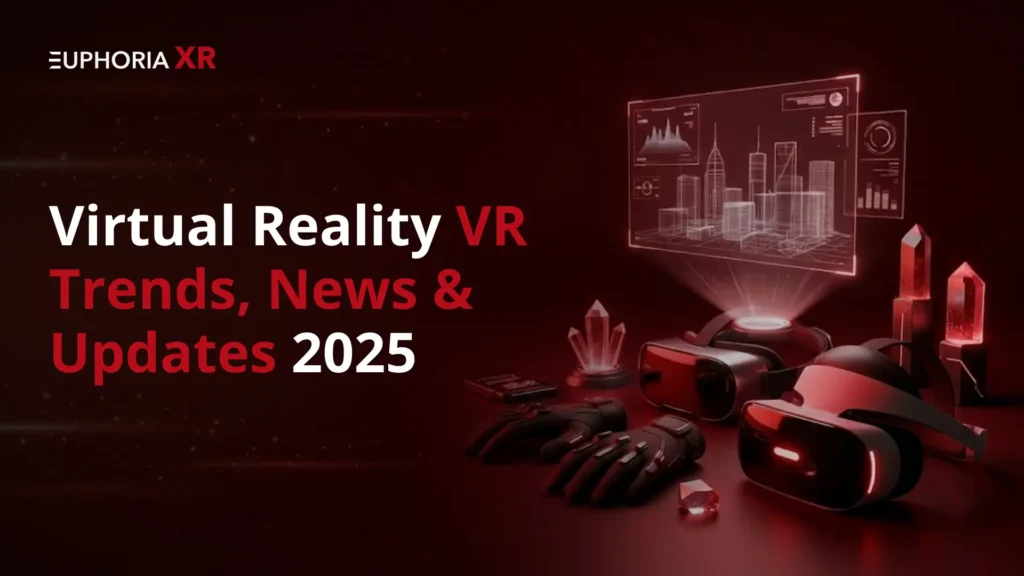The Augmented World Expo (AWE) 2024, held from June 4 to June 6, served as a hub for the latest advancements in Augmented Reality (AR), Virtual Reality (VR), and haptic technologies. The event brought together key players from across the tech industry, showcasing emerging technologies transforming fields such as entertainment, education, healthcare, and more.
As the global AR/VR market continues to grow—projected to reach around USD 62 billion by 2029—AWE 2024 provided valuable insights into the direction of immersive tech for the years to come. The technologies and ideas introduced at the expo will undoubtedly influence the future of how we interact with both digital and physical worlds.
Take your brand to new heights with our Metaverse Development Services! We design engaging virtual experiences, from interactive events to personalized 3D avatars, to help you thrive in the metaverse.
1. Top AR and VR Technologies at AWE 2024
AWE 2024 brought together some of the most groundbreaking AR and VR technology developments. Companies from around the world presented their latest innovations, with a strong focus on both hardware and software:

AR Glasses:
Lightweight wearable tech that seamlessly integrates digital information into your real-world environment.
VR Headsets:
Devices like Meta Quest 3 made a big splash, offering deeper levels of immersion for both personal entertainment and professional use.
AR/VR Applications:
From healthcare to gaming, new software applications highlighted how these technologies are being adapted for various industries.
These technologies demonstrated how AR and VR are pushing beyond their original applications in gaming and becoming vital tools in everyday life and business.
2. What is XR Technology?
Extended Reality (XR) refers to various immersive technologies that merge the digital and real worlds, creating interactive experiences. XR includes:
Augmented Reality (AR): Adds digital elements to the physical world through devices like smartphones or AR glasses.
Virtual Reality (VR): Creates entirely immersive digital environments experienced through VR headsets.
Mixed Reality (MR): Combines real and virtual elements, allowing them to interact in real-time.
This expanding field continues to reshape how we work, learn, and play by blending the physical and digital worlds.
Do you need custom XR solutions? Our expert XR developer can bring your project to life with tailored AR/VR solutions.
3. Meta Quest 3 Explored at AWE 2024
A major highlight of AWE 2024 was the introduction of Meta’s newest VR headset, the Meta Quest 3. The next-generation headset raised the bar in immersive tech by offering:
Gaming Capabilities:
With improved resolution, faster refresh rates, and lifelike environments, the Meta Quest 3 provided a stunning gaming experience, giving attendees a taste of what the future holds for VR gaming.
Business and Education Uses:
Beyond gaming, the Meta Quest 3’s applications in business and education were on full display. The headset’s potential to revolutionize corporate training and enhance learning environments highlighted its versatility.
Meta Quest 3 demonstrated how VR is no longer just for gaming but is quickly becoming a tool for diverse professional settings.
4. Advancements in Haptic Technology at AWE 2024
Haptic technology added a new layer of excitement to AWE 2024, offering visitors the chance to engage with digital environments physically. This tech allows users to feel and interact with virtual objects, opening up new possibilities for immersion.
Haptic Gloves and Suits: Companies showcased wearable devices that simulate touch and movement in virtual spaces, providing enhanced realism for gaming, training, and even therapy. These developments will likely impact, particularly in fields like education and healthcare, where tactile feedback can greatly improve user experiences.
Gaming Applications: The gaming industry continues to benefit from haptic tech, with attendees witnessing firsthand how these devices bring a new dimension to immersive play, making virtual worlds more tangible.
Did you know?
AWE events aren’t just limited to the U.S.—they also take place in Europe, Asia, and Israel, helping foster innovation in XR globally.
5. AWE’s Impact on the XR Industry
AWE has become a premier event for the XR industry, serving as a launching pad for new technologies and trends.
Networking: AWE serves as a vital meeting point for innovators, investors, and professionals in AR, VR, and haptic technology, enabling collaboration that drives the industry forward.
Product Launches: Each year, AWE provides the stage for groundbreaking product announcements. Many of these technologies go on to define trends in the immersive tech space for the years to follow.
Industry Insights: As XR continues to gain momentum, AWE offers a glimpse into what’s next, including the rise of XR in fields like remote collaboration, virtual training, and digital marketing.
6. Final Note!
AWE 2024 was a defining moment for the AR, VR, and haptic tech industries. With the launch of innovative products like Meta Quest 3, advancements in haptic technology, and valuable insights into the future of XR, the expo reinforced the incredible potential of immersive technologies. As these innovations continue to develop, they are poised to reshape industries and redefine how we interact with the world around us.
Whether you are a developer, a business leader, or simply a tech enthusiast, the breakthroughs explored at AWE 2024 will have a lasting impact on the future of XR.














